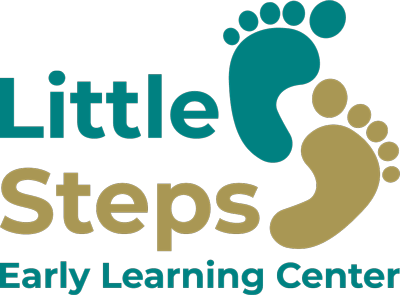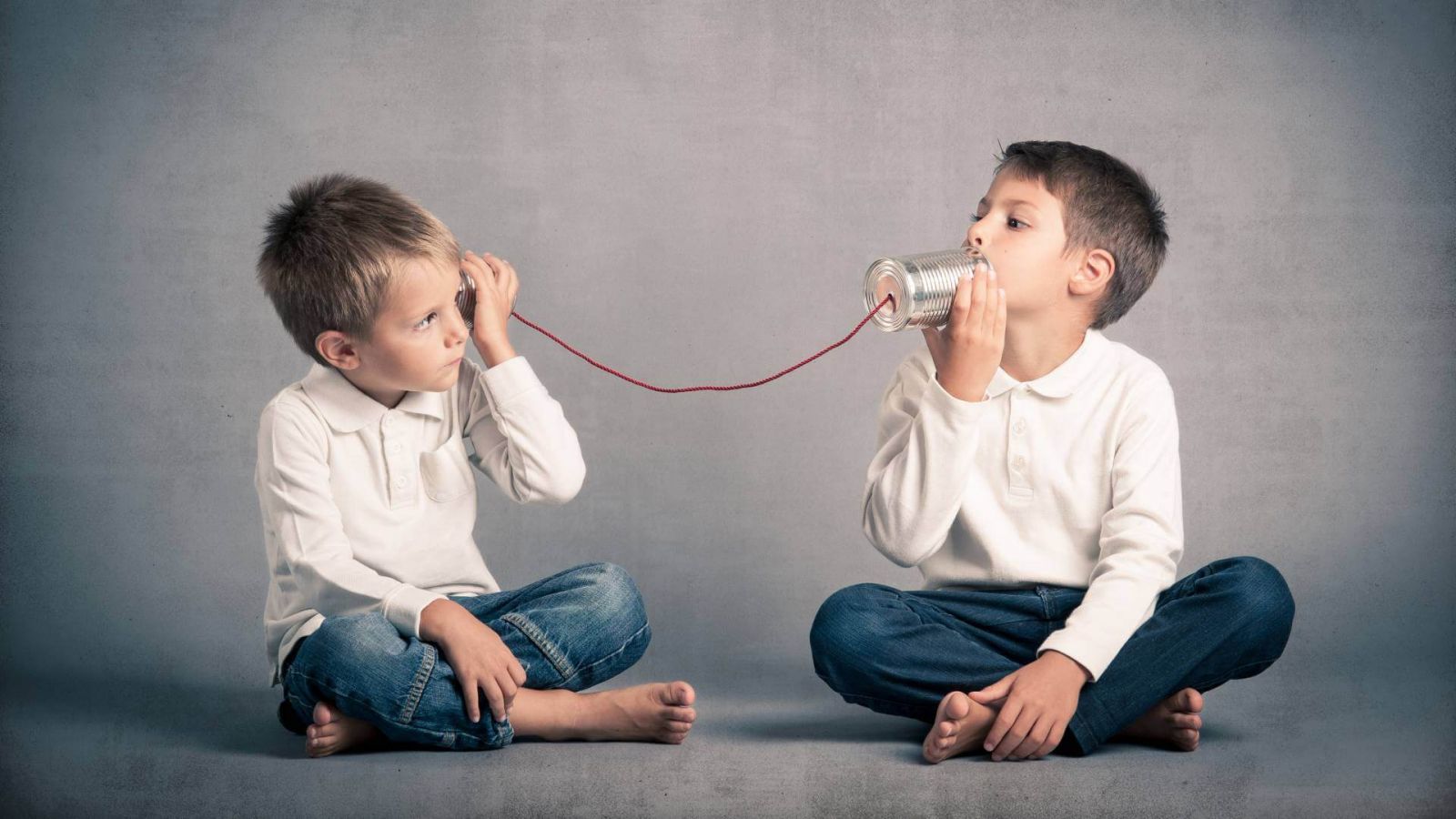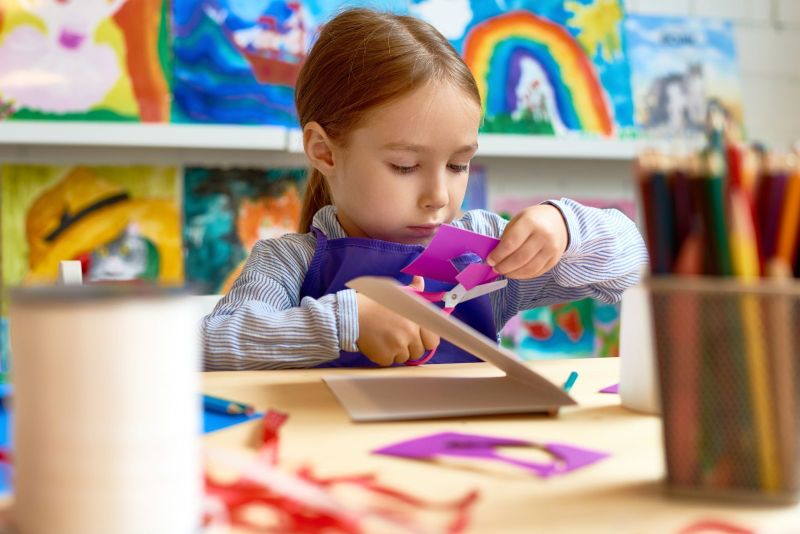Creativity is a fundamental aspect of human development, and fostering it in early childhood is crucial for a child's overall growth and future success. The early years are a critical period for brain development and exploration, making it an ideal time to nurture creativity. In this article, we will explore the importance of creativity in early childhood and provide practical strategies for parents and educators to foster creativity in young children.
The Significance of Creativity in Early Childhood
Creativity is more than just artistic expression; it encompasses problem-solving skills, critical thinking, imagination, and the ability to think outside the box. Cultivating creativity in early childhood has numerous benefits, including:
Cognitive Development: Engaging in creative activities helps children develop their cognitive skills. It enhances their ability to think critically, make connections between ideas, and solve problems creatively.
Emotional Development: Creativity provides a healthy outlet for emotions and allows children to express themselves in a positive and constructive manner. It fosters self-confidence, self-expression, and emotional resilience.
Social Skills: Creative activities often involve collaboration and teamwork, enabling children to develop essential social skills such as communication, cooperation, and negotiation. It encourages empathy and understanding of different perspectives.
Imagination and Innovation: Nurturing creativity in early childhood fuels children's imagination and fosters their ability to think innovatively. These skills are essential for adapting to new situations, embracing change, and developing a lifelong love for learning.
Strategies for Fostering Creativity
Encourage Open-Ended Play: Provide children with ample opportunities for unstructured, open-ended play. This allows them to explore their imagination and come up with unique ideas. Simple toys like blocks, art supplies, and dress-up clothes can spark creativity and encourage imaginative play.
Foster a Creative Environment: Create an environment that stimulates creativity. Set up a designated art corner with various art materials, display children's artwork, and provide books that inspire creativity and imagination. A clutter-free and organized space allows children to focus on their creative endeavors.
Embrace Risk-Taking: Encourage children to take risks and embrace failure as part of the creative process. Teach them that making mistakes is a valuable learning opportunity and that there are no right or wrong answers in creative endeavors. Celebrate their efforts rather than focusing solely on the end result.
Support Divergent Thinking: Divergent thinking is the ability to generate multiple solutions or ideas. Encourage children to think beyond the obvious and explore various possibilities. Ask open-ended questions that promote critical thinking and problem-solving skills. Encourage them to come up with alternative uses for everyday objects or brainstorm different outcomes to a story.
Provide a Variety of Experiences: Expose children to a wide range of experiences and materials. Take them to museums, art galleries, nature walks, and cultural events. Introduce them to different art forms, music, and literature. These experiences broaden their perspectives, inspire creativity, and provide a rich source of inspiration.
Offer Supportive Feedback: When children engage in creative activities, provide them with constructive and specific feedback. Focus on the process rather than the end product. Encourage them to reflect on their work, ask questions, and make improvements. Praise their efforts, originality, and persistence, reinforcing their confidence and motivation to explore their creativity further.
Be a Role Model: As adults, we can inspire creativity by being role models ourselves. Engage in creative activities alongside children, such as painting, storytelling, or building. Show enthusiasm, curiosity, and a willingness to try new things. By valuing and demonstrating creativity, we encourage children to do the same.
Nurturing creativity in early childhood is a vital investment in a child's development and future success. By providing opportunities for open-ended play, fostering a creative environment, embracing risk-taking, supporting divergent thinking, offering a variety of experiences, providing supportive feedback, and being a role model, parents and educators can effectively nurture creativity in young children. Embracing creativity not only enhances cognitive and emotional development but also equips children with essential skills for the ever-changing world they will navigate as they grow


